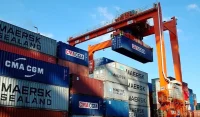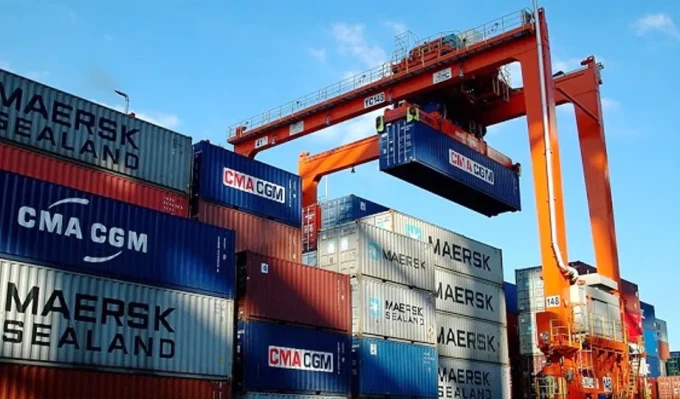A Nairobi High Court has allowed Kenya Revenue Authority to collect Withholding Taxes from shipping lines on container demurrage charges.
The Withholding Tax from different shipping lines amounts to over KShs.2 billion.
Justice Francis Tuiyott of Milimani Court’s Commercial and Admiralty Division ruled in favour of KRA in the judgement of a consolidated tax appeal case filed by seven shipping lines operating in Kenya protesting taxation of income on demurrage charges.
Also see: You’ll No Longer Fill Excel Sheets Filing KRA’s Tax Returns
The shipping lines wanted the court to make a finding that demurrage charges are not subject to tax in Kenya. Demurrage fee is the charge levied by shipping lines on importers for holding the container beyond the free period.
In the appeal from the Tax Appeals Tribunal, the shipping lines argued that demurrage constitutes part of the amount received on account of the carriage of goods and is, therefore, part of the cost of carriage.
KRA, on the other hand, held the view that demurrage charges do not form part of freight levied by shipping lines as demurrage could only be accrued after the goods have been cleared through Customs and have entered the country.
In his determination, Justice Tuiyott held that freight comes to an end at the port of landing and any demurrage imposed on a container for late return after port clearance is a post importation charge. Demurrage charge is therefore different from freight.
Also see: Why You Need to Ditch Mobile Money Now
The High Court judge also held that demurrage charge is an Income Tax under Section 3 (1) and (92) of the Income Tax Act and that the shipping lines’ local agents have an obligation to withhold tax on the demurrage charge when remitting payments.
Justice Tuiyott, however, found in favour of the shipping lines with regard to Value Added Taxes (VAT) on processing fees.
He held that fees associated with loading, unloading and handling charges do not escape taxation because they have been included in the cost of freight and therefore taxed under paragraph 9 (2) of the East African Community Customs Management Act, 2014.











Leave a comment